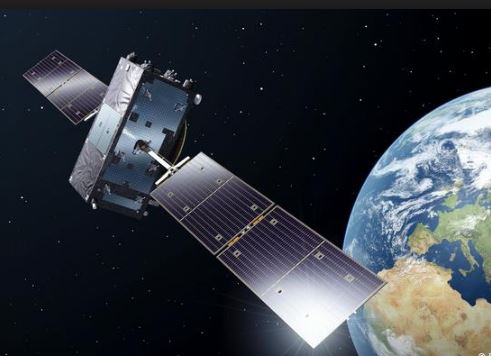Representatives of the European Aviation Safety Agency (EASA) Eurocontrol and the SESAR Joint Undertaking (SESAR JU) along with industry and research representatives have taken part in a workshop at Cranfield University in the UK to kick off the GAUSS Project. The aim of this programme is to examine the functionalities and services of Galileo and EGNOS in terms of: improving the positioning, speed, and guidance of unmanned air vehicles; developing attack detection and mitigation mechanisms based on jamming (satellite signal interference) and spoofing (satellite signal masquerading); and applying these improvements to the air traffic management procedures of unmanned vehicles.
Delegates discussed how space-based augmentation systems (SBAS) will cover the increasingly demanding requirements of UTM in terms of robust navigation, continuity, accuracy and availability. The work will examine the inclusion of Galileo in the multi-constellation concept and integration with other sensors (e.g. inertial, vision) which could significantly improve the accuracy, availability, continuity and reliability of drone positioning/navigation.
GAUSS is an initiative of the GSA (European Global Navigation Satellite Systems Agency) executed by a consortium coordinated by everis Aerospace, Defense, and Security. The consortium comprises the Institut de Robòtica i Informàtica Industrial (CSIC-UPC), the University of Cranfield, the University of Sevilla, and the companies Rina Consulting, Aratos Systems, and Satways.
The GAUSS project received funding from the European GNSS Agency under the European Union’s Horizon 2020 research and innovation programme under grant agreement No 776293.




